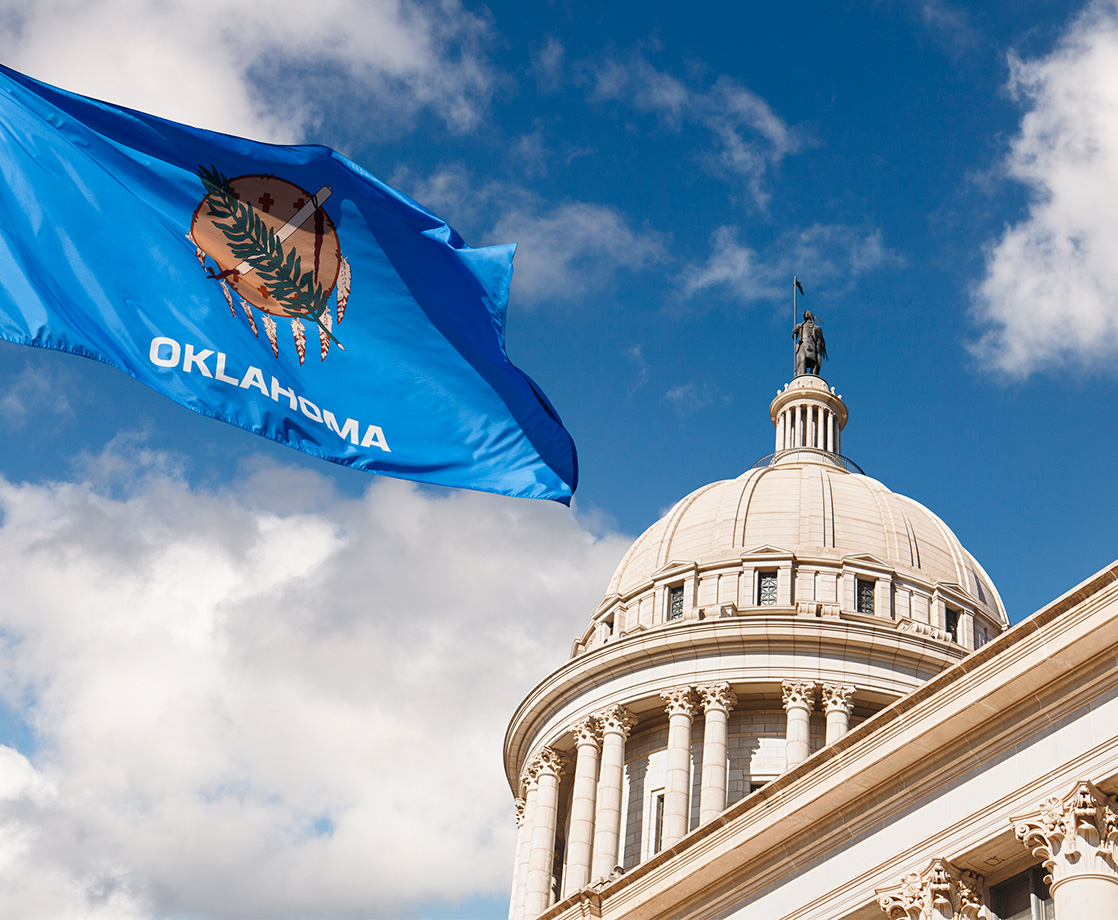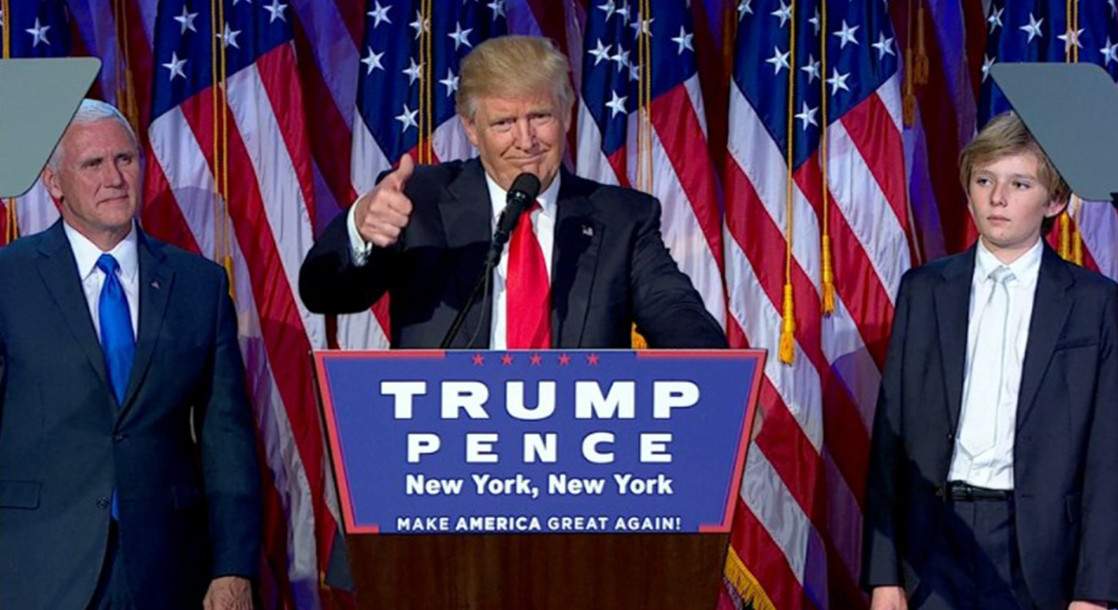Oklahoma voters will get the chance to decide on whether or not the state will legalize cannabis for medical use during the state's summer primary election. Last year, advocacy group Oklahomans for Health were able to place a legalization measure on the 2018 ballot by collecting enough voters' signatures on a petition. This week, Governor Mary Fallin announced that this measure will appear on the June 26th primary ballot.
"Backers of this proposal to legalize medical marijuana followed procedures and gathered the more than 66,000 required signatures to submit the issue to a vote of the people," Fallin said in a statement. "I'm fulfilling my duty as governor to decide when that election will occur this year."
Oklahomans for Health initially expected that the measure would appear during the general election ballot in November, but were tipped off late last year regarding Fallin's plans to move the vote earlier. Primary elections traditionally have lower turnouts than general elections, and advocates will need to convince pro-cannabis voters to show up for the primary in order for the measure to have a chance of success.
Oklahoma will now be the first state to vote on a medical cannabis legalization measure in 2018. If approved, the measure will allow doctors in the state to recommend medical marijuana licenses for patients who are 18 or over. License holders will be allowed to possess up to three ounces of weed, six mature plants, and six seedlings, although individual towns and cities are able to increase these limits. The state government has already taken tentative steps toward supporting cannabis for medical use, passing a law early last year that ensured that FDA-approved CBD medications were considered legal in the state.
Support for drug reform is growing among residents of the state as well, but many legislators are still firmly opposed to ending prohibition. In 2016, voters approved a ballot measure to reduce a number of drug-related crimes, including minor cannabis offenses, from felonies to misdemeanors. In early 2017, state Senator Ralph Shortley introduced a bill that would have rolled back these reforms, but it died in committee, leaving the voter-approved measure intact.











